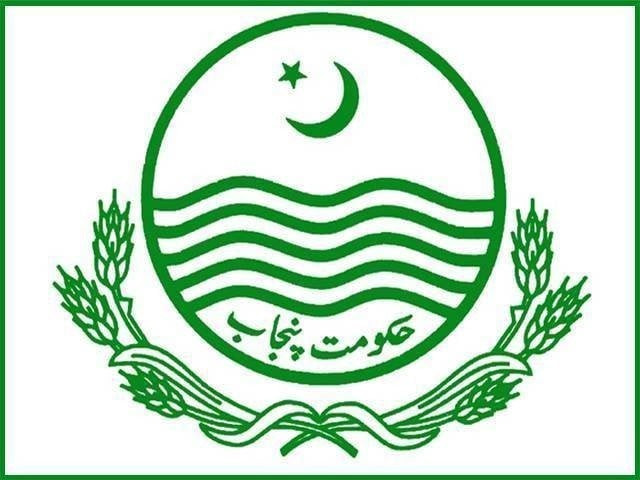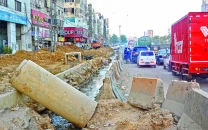Price control police stations ignite tensions
Rawalpindi trade associations voice concerns, warn of agitation

The Punjab government's move to establish dedicated price control police stations in Rawalpindi Division has ignited strong reactions from the local trading community, with the Grocery Merchants Association announcing a province-wide protest in response to the new initiative.
The government has completed acquisitions for 27 new police station buildings across the division, each being renovated to facilitate operations aimed at controlling and enforcing official price standards.
Each station, set up in the tehsils of Rawalpindi Division, will house a team of 20 personnel, including a Station House Officer (SHO). The facilities, currently under renovation using funds allocated by the assistant commissioner's office, will feature four to five rooms, designated as offices, temporary holding cells, and storage for arms.
New motorcycles and official vehicles for SHOscomplete with lights, drivers, and security staffare also part of the rollout, equipping officers to actively monitor local markets.
These police stations will operate autonomously, with assistant commissioners overseeing their activities and court processes.
The newly assigned personnel, now temporarily housed in police quarters, are expected to perform their duties in uniform.
Already, the officials have begun compiling market inventories and meeting with local union representatives to prepare for enforcement, which will include operations against price inflation set to begin this week.
However, the launch of these stations has been met with strong opposition from the Grocery Merchants Association, which has called the new price enforcement approach an attempt to intimidate and control local shopkeepers.
The association's president, Saleem Pervez Butt, has voiced sharp criticism, stating that the police stations' primary intent appears to be the targeting and coercion of opposition-aligned merchants under the guise of price control.
The association argues that these new stations are a form of intimidation, intended to force shopkeepers to align politically. Butt warned that, in the event of any grocery shopkeepers being detained, essential items priced by the government will be immediately removed from stores in protest.
Additionally, Butt revealed that the association's central leadership plans to hold a major press conference in Lahore this week to denounce the initiative publicly.
"We reject these police stations outright," he stated. "They are being designed to humiliate small business owners. If a shopkeeper is arrested, the expenses related to their detention, fines, and any other penalties will fall solely on them, which is unacceptable."
He argued that the expenses associated with these police stationslikely to be passed down to shopkeepers themselveswould only add to the financial burden faced by small business owners already contending with rising costs.
The price control initiative, while aimed at stabilising market prices, has thus far faced intense backlash from Rawalpindi's trading community, who see the enforcement as both costly and politically motivated. How the government will balance its push for price regulation with the demands of the business community remains to be seen as the new price control stations become operational.



















COMMENTS
Comments are moderated and generally will be posted if they are on-topic and not abusive.
For more information, please see our Comments FAQ